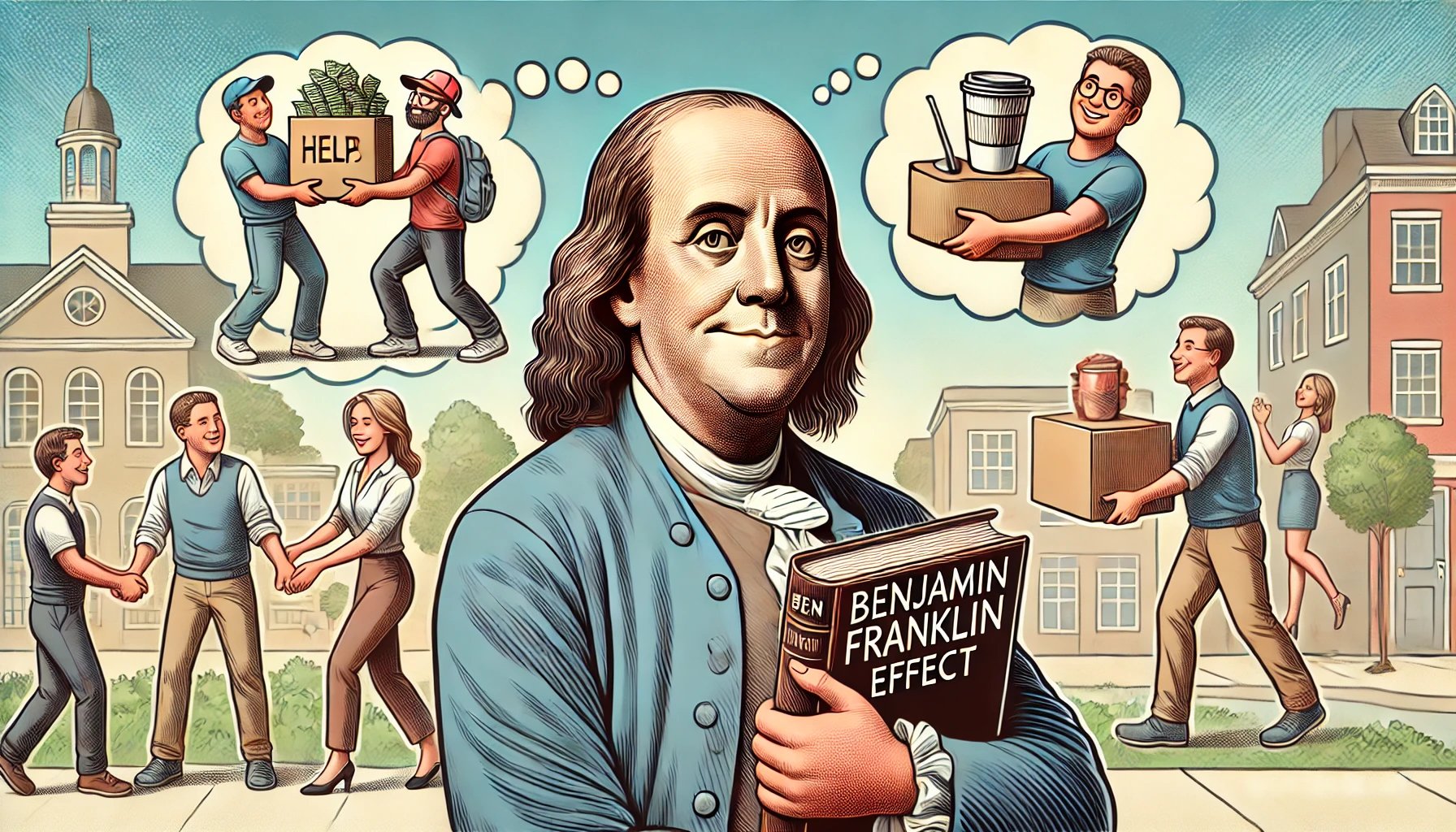
Why Doing Favors Makes You Friends: The Ben Franklin Jedi Mind Trick
The Ben Franklin effect suggests that getting someone to do you a favor can make them like you more, due to cognitive dissonance. By rationalizing their actions, humans convince themselves they must like you since they helped you. This quirky psychological trick can foster goodwill and deepen connections.

Demystifying Lie Detection: Mastering Baselining, Deviations, and Micro-Expressions for Accurate Insights
In this article, we explore the science behind lie detection, moving beyond myths to focus on effective techniques such as baselining behavior, spotting deviations, and analyzing micro-expressions. By establishing a behavioral baseline and observing subtle shifts, we can discern truth from deception more accurately. Master these skills to enhance your understanding of human interactions and become adept at reading unspoken emotions in everyday conversations.

Debunking the Myers-Briggs Personality Test: A Closer Look at Its Origins, Validity, and Potential Dangers
The Myers-Briggs Type Indicator (MBTI) is widely used yet controversial. Critics argue its binary personality categories, like introversion versus extraversion, oversimplify human complexity. Inconsistencies in test-retest results also question its reliability. The MBTI's application in professional and educational settings risks promoting stereotypes and biased decisions, underscoring the need for more scientifically robust personality assessment methods.

Unlocking Success with the Ziegarnik Effect: A Comprehensive Guide to Enhancing Your Life
You can use the Ziegarnik Effect to your advantage. By starting something — anything — you can stimulate your brain into wanting to complete it. It's not about giant strides; it's about taking that initial step. Your brain will handle the rest. Use it. Embrace it. And watch as your life begins to move in the direction you desire.